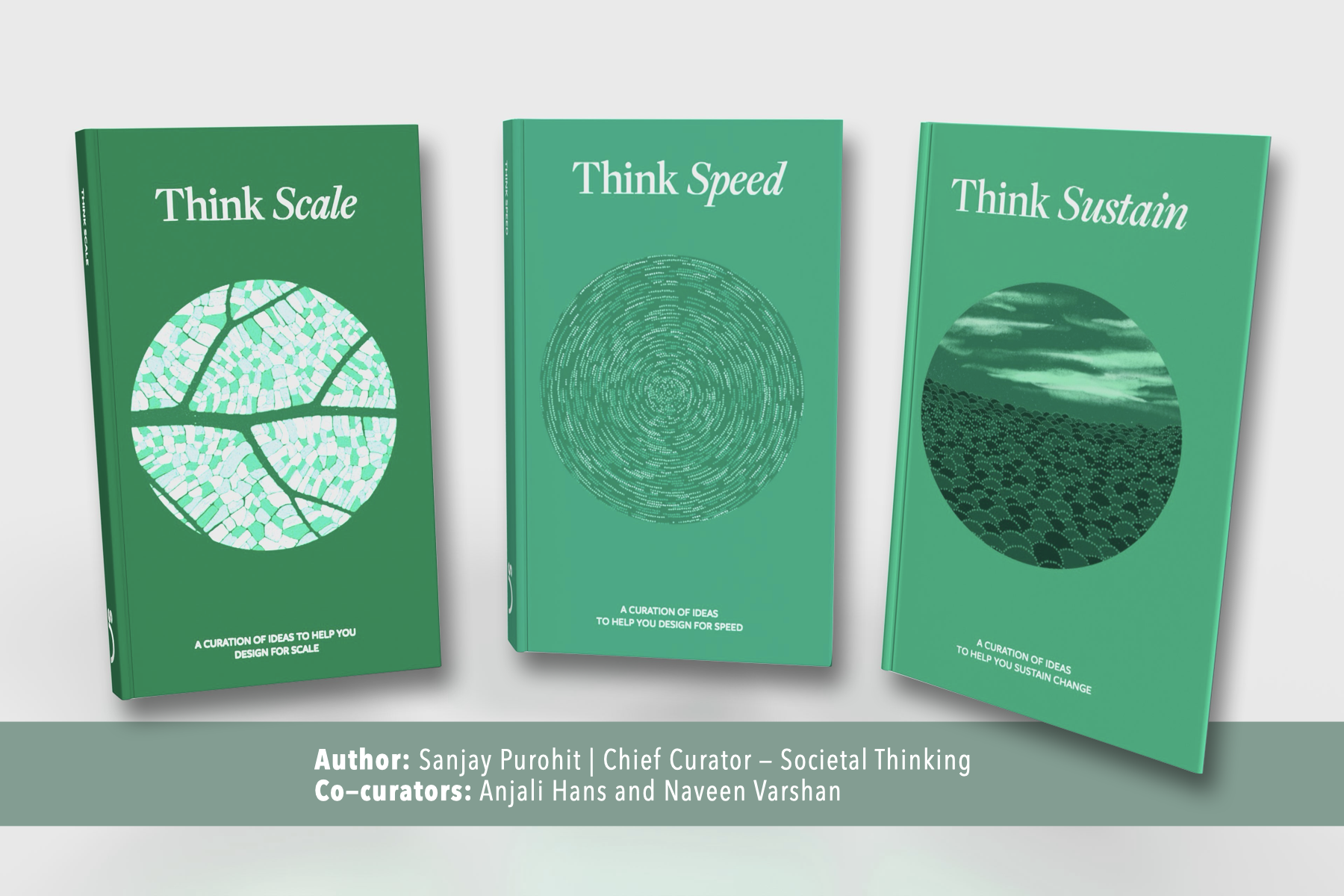I have been associated with Agami from their early days of brand-building and even collaborated with them on the first ever Agami Summit at BIC, Bangalore. So, coming to the 3 days residential Agami Summit 2022 in Panchgani as a participant felt slightly surreal and at the same time, like coming home.
Although the Summit was radically collaborative and creative (just as I had expected!), the most striking aspect was how well it was curated and how effortlessly it made space for all ecosystem actors to talk at a more profound human level and make personal connections which may later help to make plans to collaborate or learn.
The most exciting and vibrant initiatives in the space, curated by Agami and presented by the missions themselves, showcased the deep collaboration by the justice community across the grassroots (ex: ILFAT), Lawtech (ex: Lawyered) and horizontal initiatives which have the potential to impact all actors working on justice presented under the umbrella of OpenNyAI. Ideas presented as digital displays with in-depth context by representatives who work on ground added a human touch to the breakthrough technological aspects. And, as everyone recognised and celebrated the pioneering and passionate work being done by the Agami Shamnad Basheer and Idea Prize nominees and winners, the energy of the room was unmatched.

The air of informality, which provided ample space to find and have in-depth conversations with potential collaborators in a calm and serene space was such a wonderful and impactful departure from the usual Summit styles. Even the location was aligned with the values of volunteerism and we saw that come alive as everyone contributed to running the space in which we all had come to participate.
Evenings were abuzz with beautiful concerts on three different occasions and included performances by the teacher and disciples in an egalitarian manner. On the last day, Geetaji, a homemaker whose interest in music was identified and ably guided by her guru, Prahladji, told us about her life. She told us a moving story about her life as a soulful, successful singer and about Talab Khan ji volunteering to teach her daughter. She sat among us, singing such simple but profoundly meaningful songs. She was accompanied by her seniors and juniors, all of whom shared a love of music and the platform. The inter-religious, inter-generational and gender-diverse group of artists who don’t see these artificial differences but only the music in each other moved me immensely.
If collaboration were to be painted, it would look like the Agami Summit. It brought together, recognised and restored agency and held space for everyone to share their story with dignity. At Societal Thinking, I spend my time asking and answering the same question: How do you open up a space full of empathy and hope?
 Back
Back


